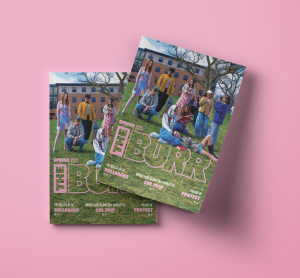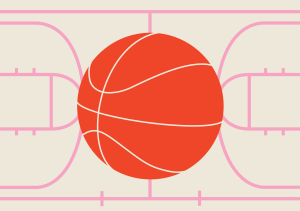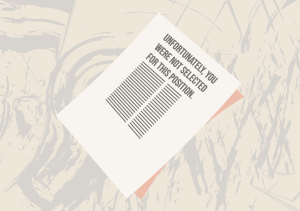As many college students are aware, course loads in the spring semester tend to increase in volume much sooner than most people realize. The start of the spring semester begins slowly and reintroduces students back into the academic setting after a long and relaxing winter break. However, by the beginning of the second or third month into the semester, students become overwhelmed with their coursework as well as the number of assignments they must complete. Regardless of their major, each and every student will struggle at one point in their college career with budgeting their time wisely and managing their assignments in order to complete all of their work on time. With the addition of work, maintaining social lives, and many other factors, staying on track with course loads can become increasingly stressful and difficult. Furthermore, students tend to ignore self care habits in order to focus on completing their school work, which can further hinder grades and course success. To offer some helpful insight into these issues, I will be discussing several of the methods I personally use to stay on top of my coursework as well as some of the ways students can ensure they are taking care of themselves as the semester picks up its pace.

One of the best tips I can provide to other students for staying on track in your courses is investing in a planner. A planner is the perfect resource to write down all of your assignments and due dates. Typically, planners contain a monthly calendar as well as a space to write tasks for each day of every month. In the beginning of each semester, I like to take the time to write out the due dates in each of my course’s syllabi into my monthly calendars of my planner. This way I have a complete grasp of all the due dates of all my courses for the rest of the semester. Although this is time-consuming, writing out your due dates for each of your courses prevents any missed assignments and ensures you will stay on track with assignments in each of your courses. In addition, crossing out individual assignments while you compete with them is a great way to keep track of the progress you make throughout your day.

If carrying around an extra book such as a planner is not your preference, I recommend investing in a desk calendar. Desk calendars are perfect for writing down important dates in your syllabi as well as keeping track of personal information such as doctor’s appointments and work schedules. A benefit to desk calendars is that you are able to view your entire month at a glance. Therefore, you are able to pre-plan assignments around any conflicting agenda in your schedule.
However, if planners nor desk calendars seem right for you, I recommend writing a simple to-do list each day of the assignments you must complete as well as any other agenda you may have for a specific day. With a to-do list, students can keep track of their day-to-day duties and will not become overwhelmed by the amount of coursework they may have in the weeks to come. Furthermore, to-do lists keep students from losing track of assignments and allow for tracking progress of completed course work throughout the day.
Knowing how to study correctly is an essential part of academic success. Students should refrain from working on course loads for an extended period of time as this can lead to exhaustion, burnout and stress. Rather, students should break their work time into smaller, more manageable increments. After these increments, students can engage in a short 5-20 minute break, depending on the amount of time that was spent on working on class materials. This study technique, also known as the Pomodoro Technique, has been proven to enhance attention span and is less likely to lead to burnout while completing course work. Personally, I use the Pomodoro Technique for each class I need to study for. This technique prevents me from feeling too overwhelmed from material and resets my memory for the next set of material I attempt to master.
No amount of organization, however, can prevent students from ignoring essential self-care routines. Self-care is vital for refreshing your mind and clearing any stress that may carry into several days or even weeks in advance. Self-care rarely comes in the stereotypical form of facemask or luxurious baths. Anything as simple as a shower or a short study break is enough to reset a student’s mind and clear any mental strain. Students can also engage in certain activities that they enjoy, such as drawing, listening to music or playing an instrument to reduce their stress throughout the course of completing class material.
With these organization, study and self-care tips, students will be less likely to feel overwhelmed by the amount of coursework that is apparent in the middle of each semester when course loads become heavier. In addition, implemented self-care routines will keep students feeling refreshed and motivated throughout the semester to achieve all of their academic goals.
Featured image by bongkarn thanyakij from Pexels

















